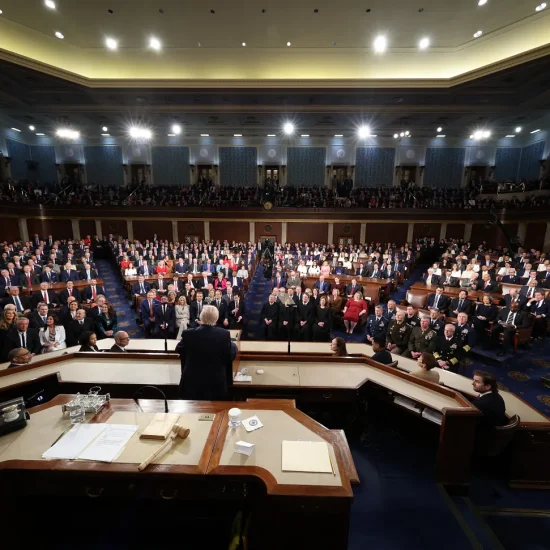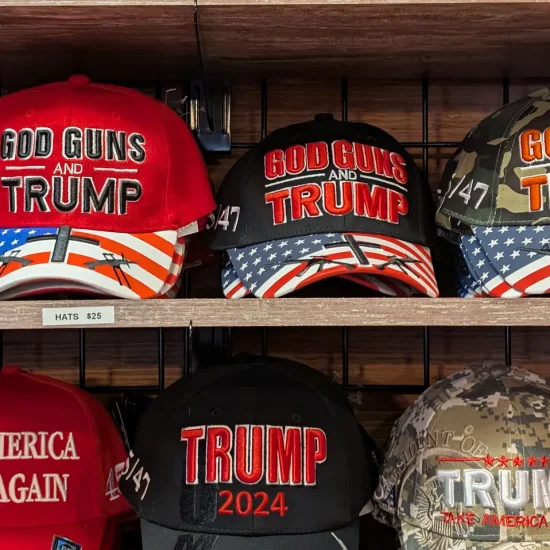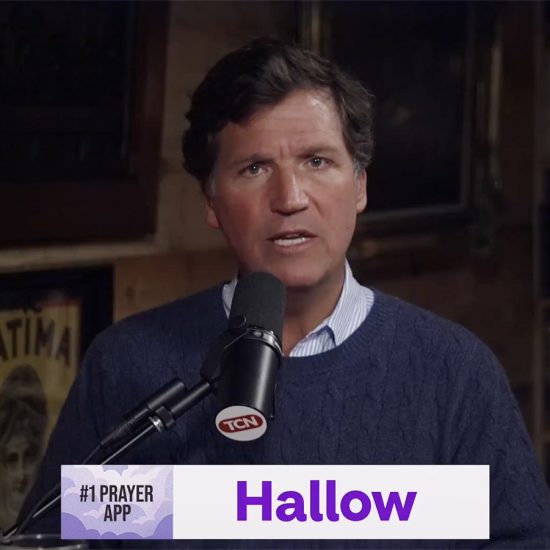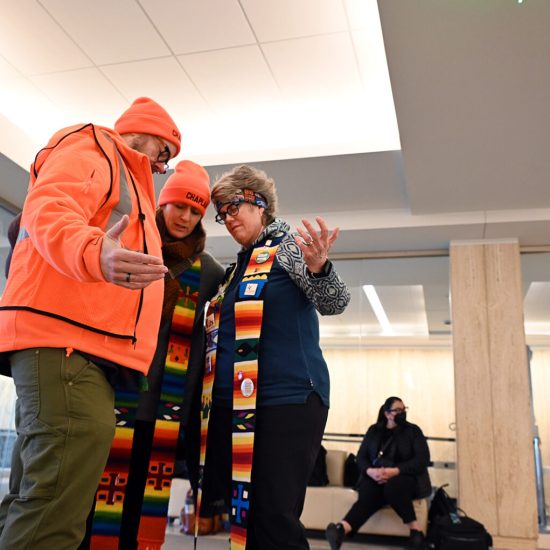

Photo by Isaiah Rustad on Unsplash
A majority of U.S. adults don’t want religion influencing government policy, with few exceptions, according to a new report from The Associated Press-NORC Center for Public Affairs Research (AP-NORC) published on Jan. 2.
Respondents were presented with two questions on the subject of religion and government:
- “Overall, how much influence do you think religion has on government policies concerning each of the following?”
- “Overall, how much influence do you think religion SHOULD have on government policies concerning each of the following?”
Answers to both inquiries were requested related to 10 issues: abortion, climate change, education, foreign policy, immigration, gun policy, health care, income inequality, LGBT issues and poverty.
A strong majority said religion does influence government policies a lot / some related to abortion (77%) and LGBT issues (63%), while a noticeable minority said this was the case for climate change (26%) and income inequality (36%).
Respondents were more evenly divided on the other six areas: education (50% a lot / some influence), foreign policy (46%), gun policy (42%), health care (42%) immigration (48%) and poverty (50%).
Regarding the second question, only on the matter of poverty did a majority (52%) say the government SHOULD be involved some / a lot, but even that result is within the poll’s plus-or-minus 4% margin of error.
For the other nine matters under consideration, it was a minority position to believe that religion should play a role in public policies – ranging from 46% a lot / some (abortion) to 33% (gun policy).
Only on the issues of abortion and income inequality was there an increase (1% and 2%, respectively) from last year in the people who felt religion should play a lot / some role in government policy.
All other areas saw either a decline or no change in those who held this view from 2018 to 2019.
“White evangelical Protestants differ substantially from other Americans when it comes to the level of influence religion should have on a range of government policies,” the AP-NORC report said. “Most white evangelical Protestants think religion should have more influence on government policies than is currently the case; other Americans are more inclined to say religion should be less influential.”
When asked to self-identify their religious views and affiliations, 43% of respondents said both religious and spiritual, 29% spiritual but not religious, 18% neither religious nor spiritual, and 9% religious but not spiritual.
The highest percentage of respondents were Protestant (32%), followed by Roman Catholic (19%), just Christian (16%), nothing in particular (15%), agnostic (5%), atheist (4%) and Mormon (2%), with 1% or fewer for each of the following groups: Buddhist, Hindu, Jewish, Muslim, Orthodox.
One third described themselves as born-again or evangelical Christians.
The full report is available here. The topline results are available here.
This article originally appeared on EthicsDaily.com.






